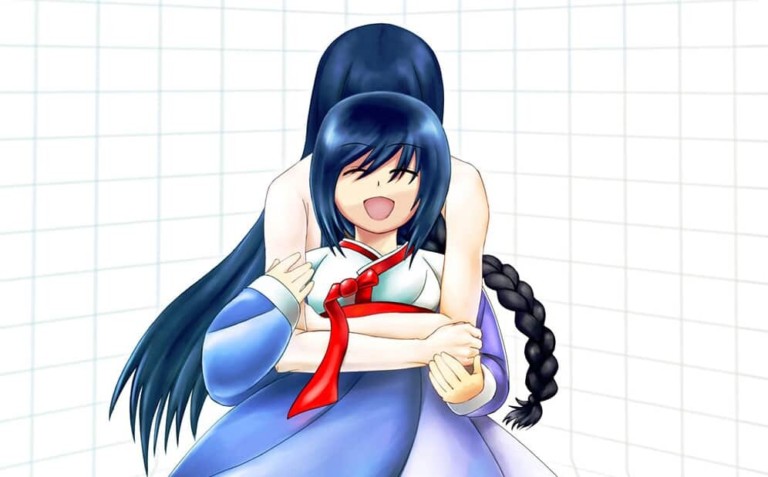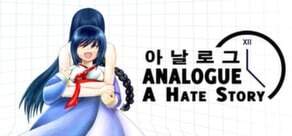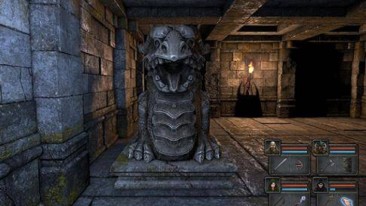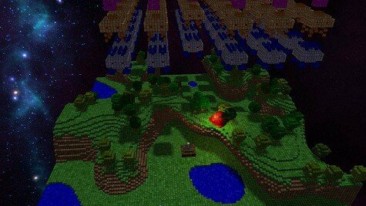Developer Summary:
Back in the 25th century, Earth launched a generation ship into deep space, with the goal of establishing the first interstellar colony. It dropped out of contact and disappeared, never reaching its destination. Thousands of years later, it has finally been found. Uncover the mystery of what happened to the final generation aboard the generation ship Mugunghwa by reading through its dead crew’s logs, with the help of a spunky AI sidekick! Two pursuable characters. Five endings. A dark visual novel that further extends the non-linear style of Digital: A Love Story in a mystery featuring transhumanism, traditional marriage, loneliness, and cosplay. Welcome to the future.
What we think:
The developer summary says tells little more than a conventional adventure storyline with what appears to be a bit of unrelated quirkiness. If there is something to be said for underpromising and overdelivering, this game is it. Sensible themes and ideas pepper Analogue and reveal itself over time, rewarding the attentive gamer who loves deep narratives. Be forewarned: I will remark upon the little details that makes the game so engaging to me, even though I will refrain from any actual spoilers.
In this game, you play as a investigator who is asked to uncover secrets and information from a long-lost starship, rather than salvage resources and artifact. Over time, you can chose to disclose as much or as little as you want to the AI aboard this historical starship. You find out about the back story of the crew that used to live aboard the Mugunghwa ship, through the help of *Hyun-ae and *Mute (the star denotes that they are AI) who can decode most records. *Hyun-ae acts like a young girl with staunchly liberal ideals, while *Mute reflects the patriarchal traditions of her time.
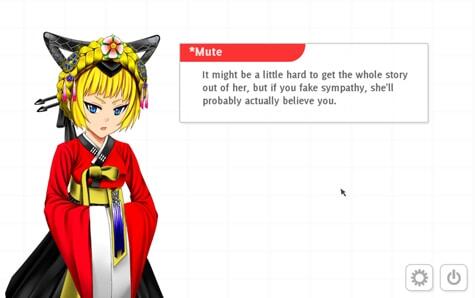
The wonderful thing about the overall experience of Analogue is that it feels open-ended despite its sparse media to convey a message. Or perhaps that should be explained as a reason that Analogue works so well: The crew logs cover selective histories of key characters’ intertwined fates, but the logs may skip around out of order, depending on what decide you want to read first.
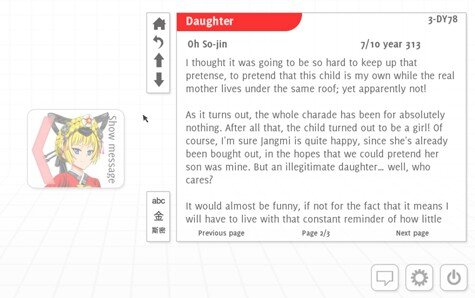
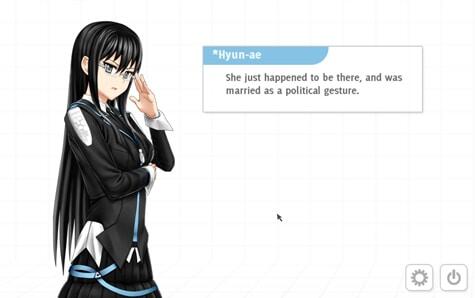
As such, one of the early impressions I got was that I had actually misunderstood the timeline of this story, and that we are actually reverting back to an earlier era of our own history and somehow AIs recorded history from a premodern Korean history. Having familiarity with Korean history primarily through today’s national primetime historical drama, my mental imagery was reverting to images of temples and wooden sailing barges rather than of spaceships and terraforming. This is not a criticism, but actually creates an interesting overlap that, because of the strength of the narrative, allows me to read it doubly and have one descriptive image coincide with another, like a double exposure.
It also neatly suggests that our immediate manner of framing history is often to see ourselves as modern, and the past as using a different kind of social organization, often with greater inequalities. Particularly, this is articulated on attitudinal registers, rather than technological registers. In the case of Analogue, the fact that they’re on a starship is less prescient than the cultural environment within the ship itself. This makes it a story of all eras, with a unique presentation that even advanced societies can revert, tragically, back to earlier forms of inequality, social stratification, and injustices that never see the light of day. The question of colonization thus coincides with questions of whether the subjegation of women domestically can have echoes in external political hegemony. It’s a really complex theme, but one where Analogue has eased into it through casual observations and common-sensical storytelling.
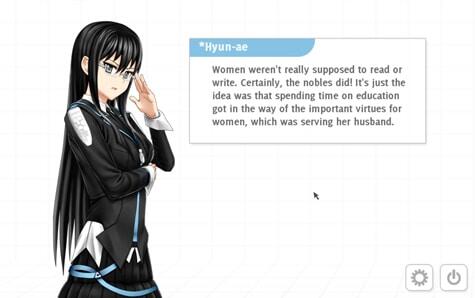
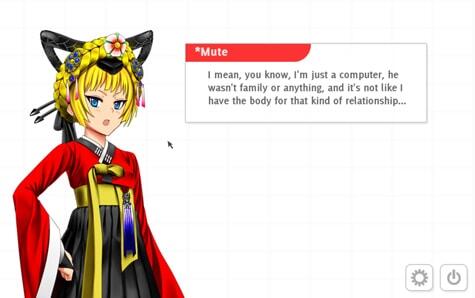
This is especially true of *Hyun-ae, who have every reason to be mistrustful of strangers given her history. *Mute, too, is supposed to be suspicious of strangers by nature, given that she’s the ship’s security system. The love mini-story thus feels tacked on, especially since the historical storyline feels so much more impactful and fleshed out than the current-day situation. The AIs often ask me of my opinion on what I feel about characters in the past, rather than what I ought to do with the historical trove/whether I should let the story live or die. That’s not really a criticism in and of itself, just that my attention is really focused on the motivations of the characters in the past, rather than about my own goals as investigator. Thus, the dating element with the AI is underdeveloped.
Worse, the dating element doesn’t really give any closure to events of the past. It fails to stabilize some of the ethical questions that the player can answer. Not to mention, the Mugunghwa ship’s key stories happen within a society where overt sexual desires of the flesh was repressed, especially in the public eye. When the romantic interest can be potentially with two AIs, then, shouldn’t that be a very interesting supporting narrative to develop? The developer summary suggests transhumanism as a storyline feature, but it is too underdeveloped to be highlighted.
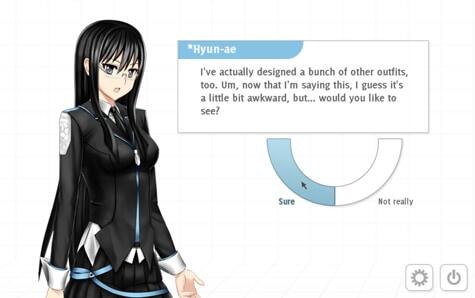
As for the cosplay motif, the framework of Analogue actually allows cosplay to be read in a way that isn’t primarily flirtatious: Cosplay also refers to the play of identity and history, and the empowerment associated with donning a different cloak. It asks this question: *Hyun-ae may have disliked the people around her, but did she put herself in their shoes, as donning a costume suggest? Can someone actually grow to live alongside another, even if their ideologies are at odds? These are only some of the questions that lie at the heart of a very provocative game. A game that shouldn’t be missed.
Analogue: A Hate Story – Official Site
Get Analogue: A Hate Story on Steam

